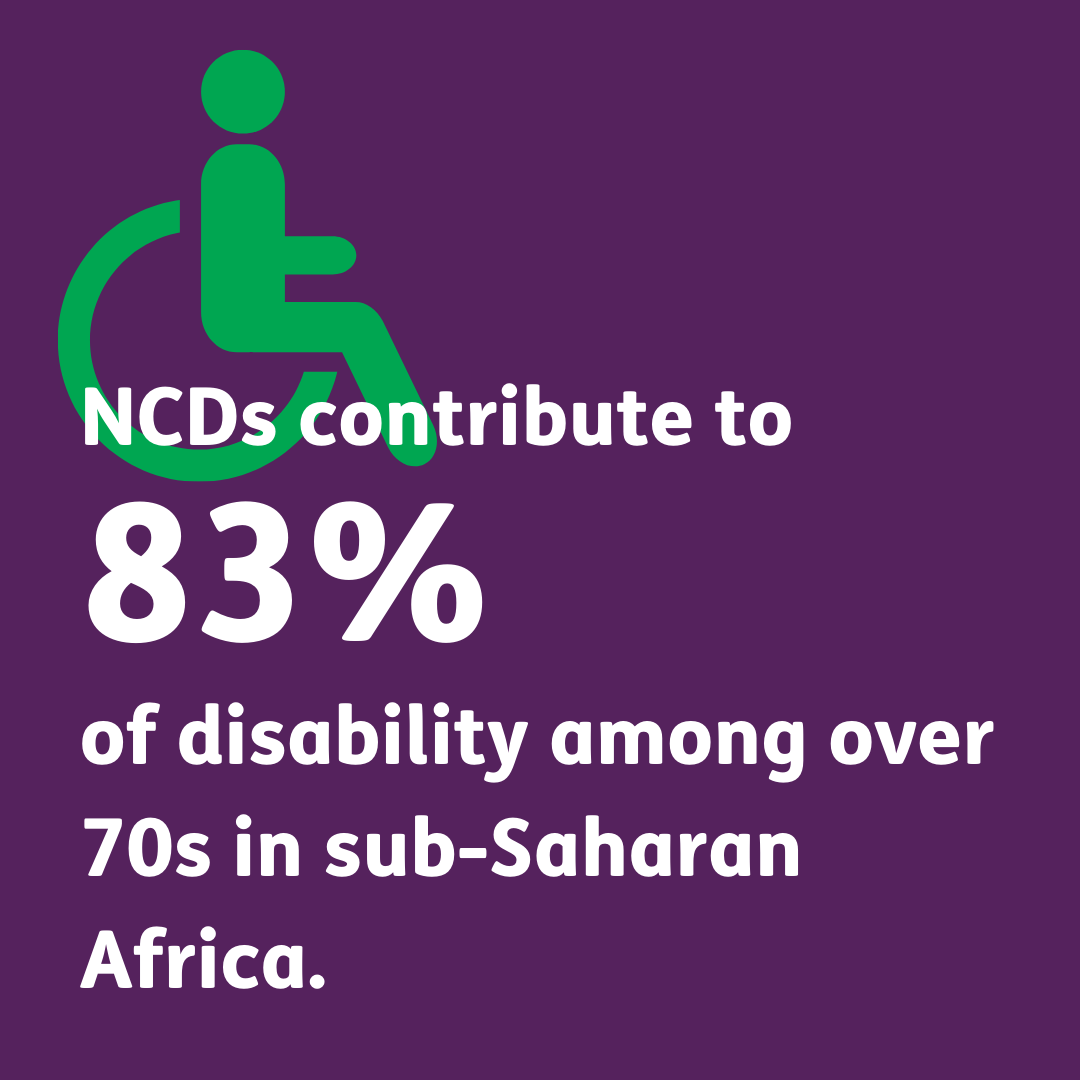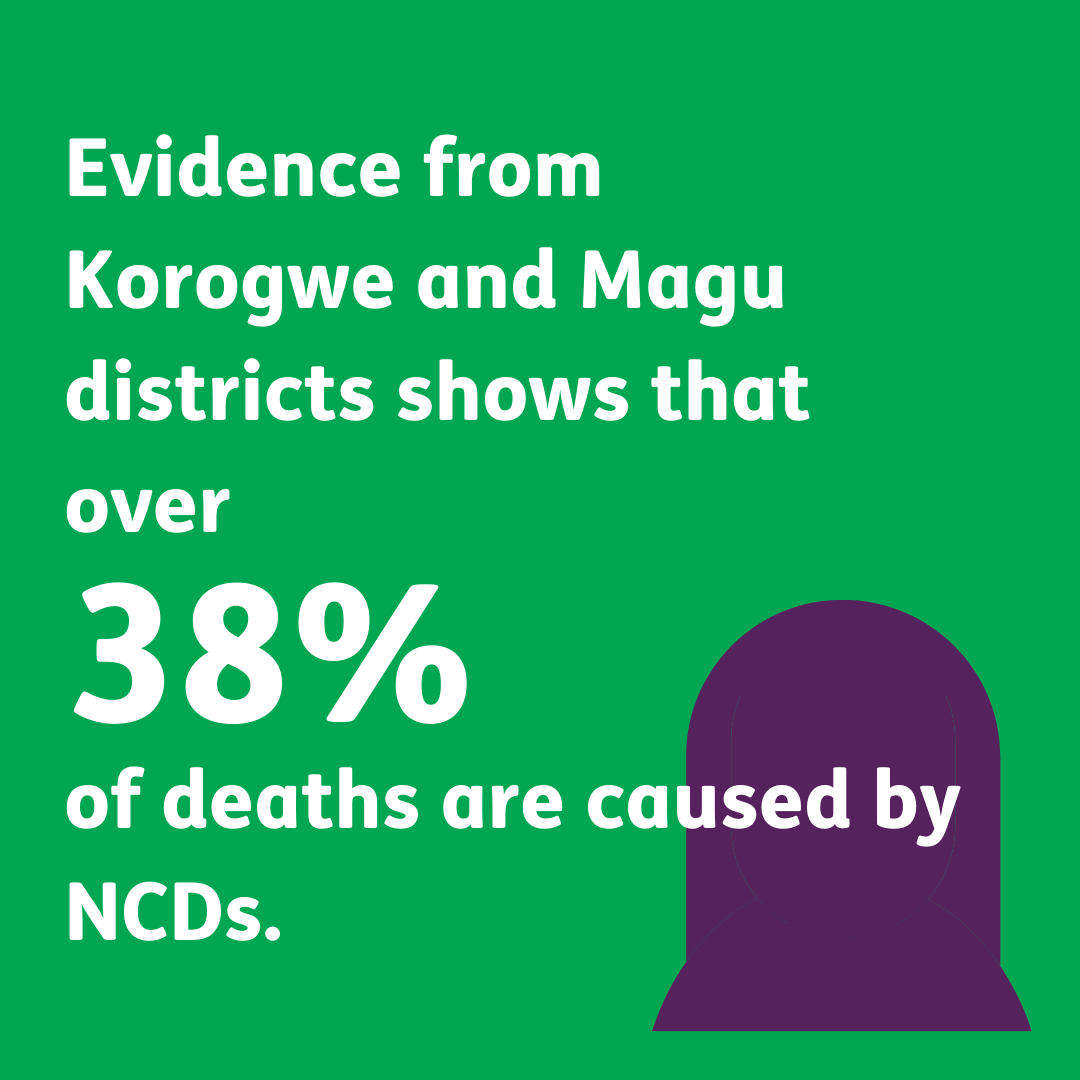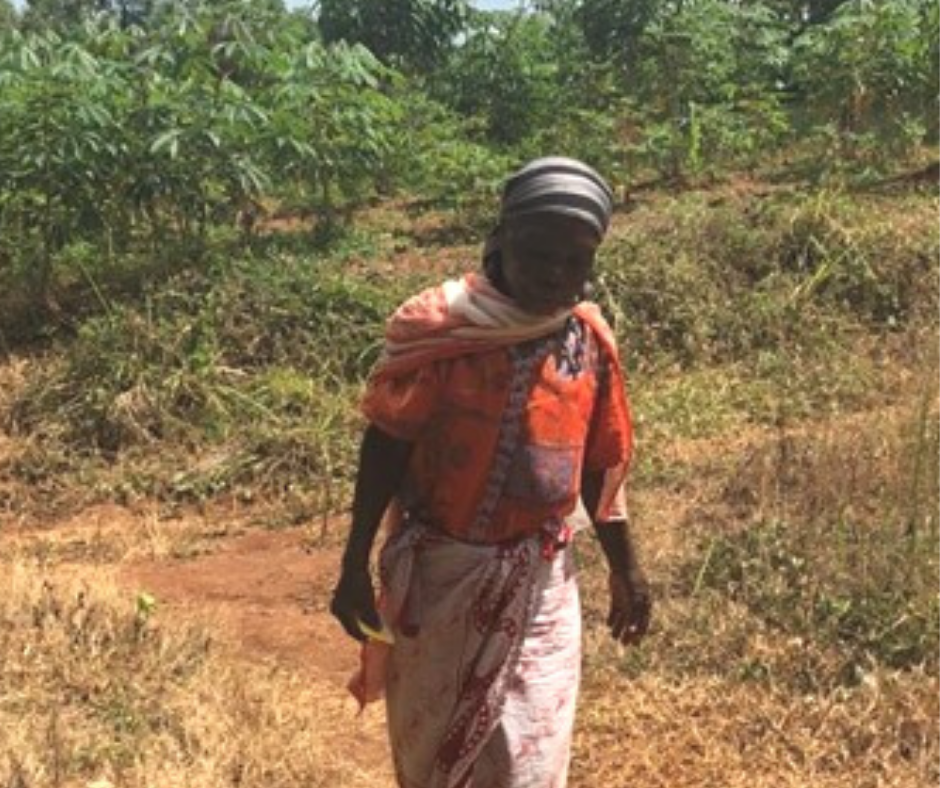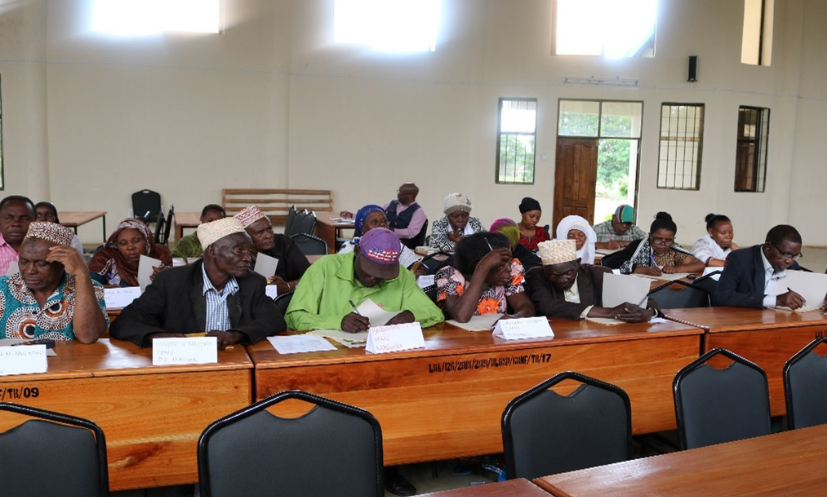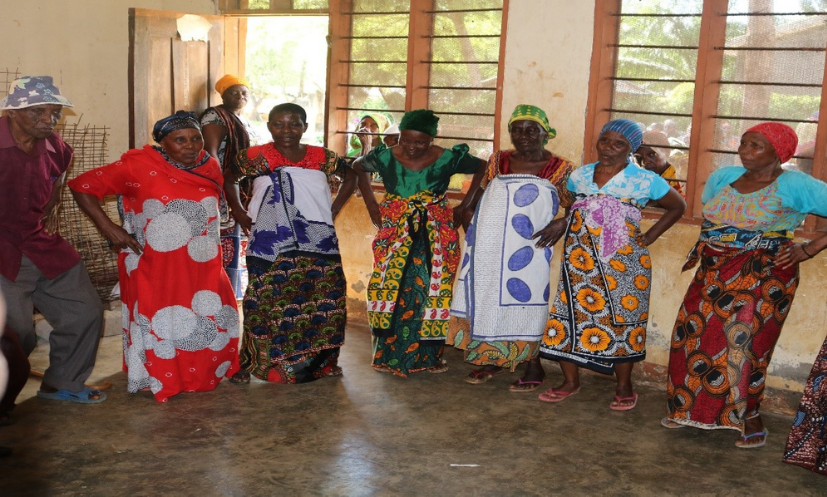Advocating for change
Our Older Citizen’s Monitoring (OCM) groups empower older people to monitor access to healthcare services and medication and to lobby for improvements. In Korogwe and Magu, the OCM groups have been given training on collecting, analysing, and reporting data on health issues affecting older people and barriers to good health care.
The groups meet with local service providers (including government officials and health management teams) twice a year to feed back their concerns and recommendations, and collaborate with healthcare workers on how services can be made more “age-friendly”.
During the programme, we are working with district healthcare teams, councillors, and government officials and seeking to influence the health agenda for long-lasting change on both a local and national level.
